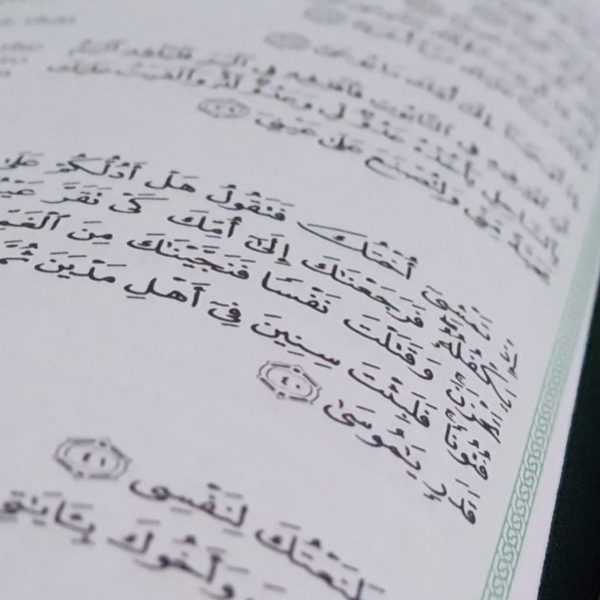Religious Texts in Our Everyday
Open any form of news media and there are sacred texts everywhere. Republican frontrunners quote Bible verses, pundits debate the role of the Quran in Middle Eastern politics, and in the arts and entertainment section, one book always hovers over the Harry Potters and John Grishams as the number one bestseller of all time even if it’s not printed at the top of the list.
 In The Message and the Book: Sacred Texts of the World’s Religions, John Bowker takes a closer look at some of these headline-making texts and their fellows in the canons of the world’s faiths. Clearly laying out the fundamentals of each, Bowker not only explicates the most important passages from the Bible and the Quran, but also delves into the sacred traditions of the Jewish, Buddhist, Sikh, Hindu, Confucian texts and others.
In The Message and the Book: Sacred Texts of the World’s Religions, John Bowker takes a closer look at some of these headline-making texts and their fellows in the canons of the world’s faiths. Clearly laying out the fundamentals of each, Bowker not only explicates the most important passages from the Bible and the Quran, but also delves into the sacred traditions of the Jewish, Buddhist, Sikh, Hindu, Confucian texts and others.
Bowker has written extensively on religion, and gracefully guides the reader through the ancient and complex language of the many texts he features, accompanying each chapter with a timeline that places the material in a historical framework. His work encompasses an enormous body of material: for in addition to looking at words, he highlights the importance of art—from illuminated manuscripts in Hinduism or Buddhism to the highly ornamented Jewish Ark of the Torah. Music and drama, too, are mentioned, and Bowker includes Methodist hymns, the English passion plays, and the Indian performances of sacred stories through dance in his discussion.
In his conclusion, Bowker lays aside these specifics to look at the importance of sacred texts more broadly. He emphasizes their two-sided legacy in modern society, writing of how, “Sacred texts have created holy people and great civilisations, but they have also been used to condemn and persecute others.” Sacred texts, he writes, have been used to divide us, marking differences, and “Those differences can be profoundly serious, competitive and divisive.” This is why, Bowker argues, it is all the more important that we understand the faiths of others, appreciating their complexities and nuances, so that we can “work together effectively to change ourselves and the world in the direction of generosity and peace.” In both starting and preventing wars, in inspiring both hatred and love, the messages and the books of the world’s religions are extremely powerful, and, Bowker writes, we must learn to interpret them together if we are to respect, comprehend, coexist with one another.



